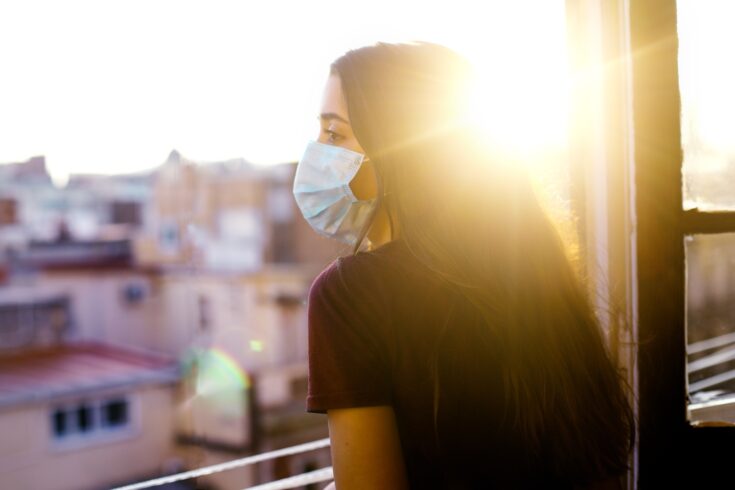Since March 2020, the COVID-19 Social Study has been conducting surveys and interviews to find out the psychological and social impact of the pandemic.
The study is led by researchers at University College London.
It is supported by UK Research and Innovation, with further funding from the Wellcome Trust and the Nuffield Foundation.
70,000 people
More than 70,000 people have contributed to:
- one million surveys
- 20,000 testimonials
- 350 telephone interviews.
The COVID-19 Social Study has provided vital data throughout the pandemic. It shares its weekly results with key decision makers including:
- UK government
- NHS England
- World Health Organization
- Public Health England.
Real-time analysis
The COVID-19 Social Study publishes weekly and monthly reports, which are all available to read on its website.
The study now has the UK’s largest dataset on the topic.
The goal is to:
- track patterns of mental health and loneliness in the UK throughout the pandemic
- understand which groups are most at risk
- identify proactive activities for people to mitigate the negative effects of the pandemic.
Week-by-week findings
The COVID-19 Social Study’s weekly reports change focus each week to track attitudes and behaviours and tackle emerging concerns.
The study also publishes a monthly newsletter which summarises key findings from the previous weeks.
Findings include:
July 2020
As lockdown eased across the UK, depression and anxiety levels dropped.
However, they plateaued and remained worse for people living alone and with lower household income.
November 2020
Only 51% of adults in England report understanding lockdown and social distancing rules.
Only 13% of people say they fully understand the rules.
COVID-19 Social Study newsletter, November 2020.
December 2020
Women reported higher levels of depression, anxiety and loneliness and lower levels of happiness than men.
Women were also more worried about catching or becoming ill from the virus.
COVID-19 Social Study newsletter, December 2020.
January 2021
Following the introduction of stricter rules in December 2020, life satisfaction decreased.
It was markedly lower among people with an existing mental health condition.
COVID-19 Social Study newsletter, January 2021.
March 2021
Quality of sleep deteriorated by 39% from March 2020.
The number of people reporting “very poor” sleep doubled from autumn 2020 to 10% in early 2021.
COVID-19 Social Study newsletter, March 2021.
June 2021
By June 2021, people were less worried than ever about catching and falling ill with COVID-19.
Just 21% of people were worried about catching COVID-19.
COVID-19 Social Study newsletter, June 2021.
November 2021
Those who were struggling financially before the pandemic are more than twice as likely to say they are financially worse off than those living comfortably.
COVID-19 Social Study newsletter, November 2021.
One year on
The COVID-19 Social Study continues to collect data and report on the psychological and social impacts of the pandemic.
Last updated: 3 June 2025

